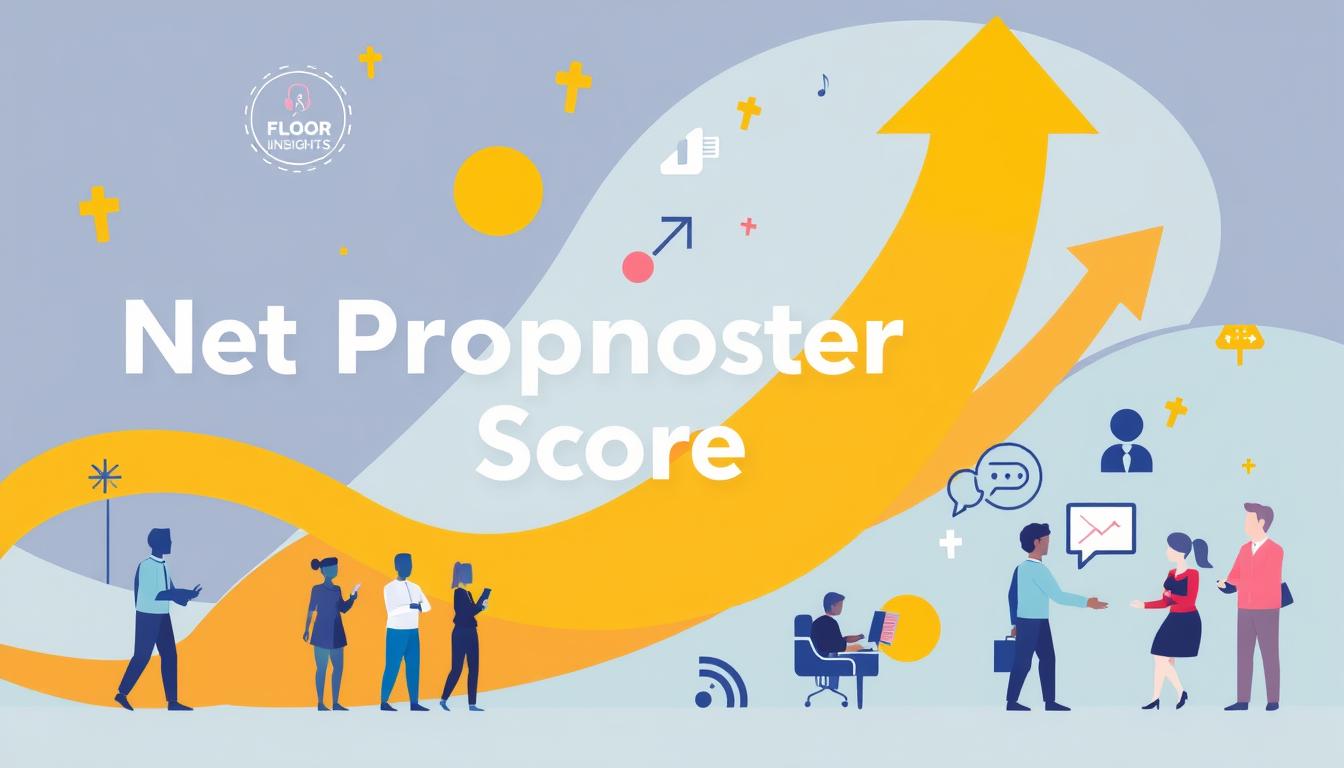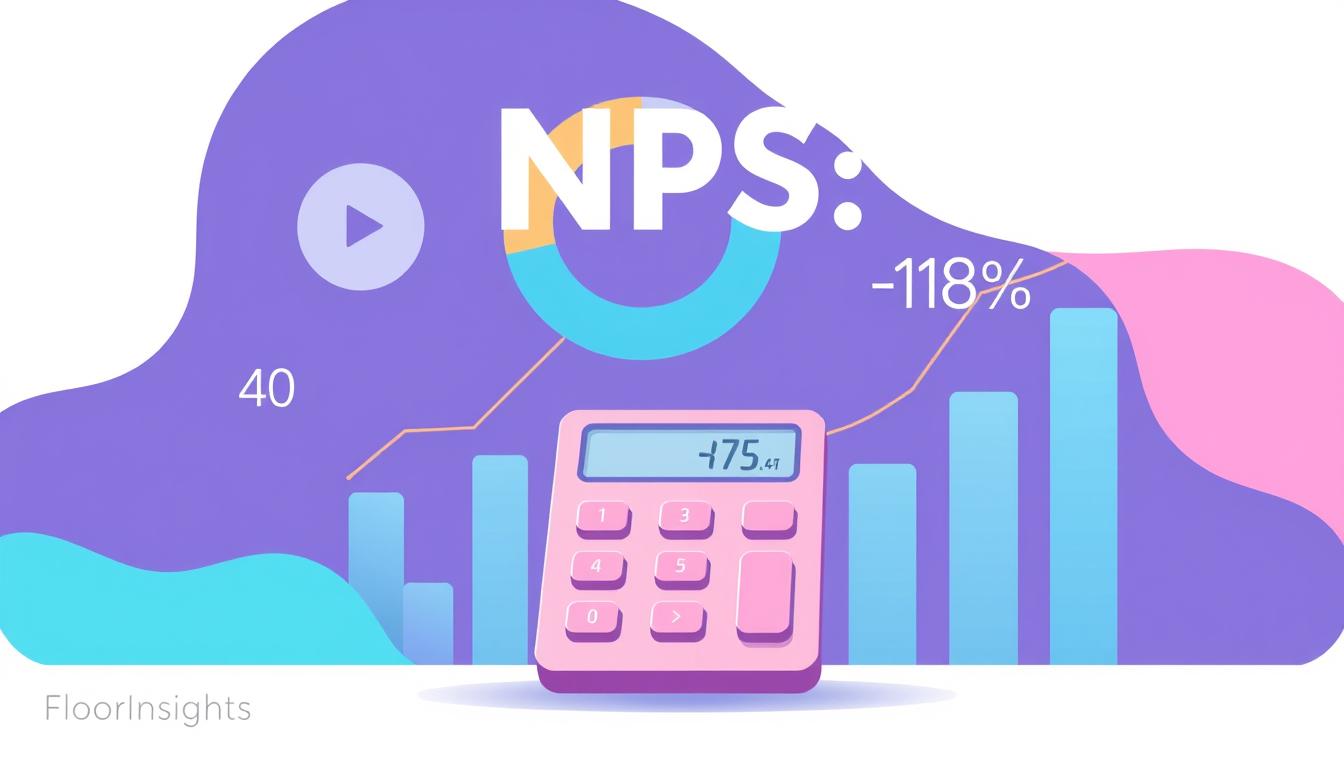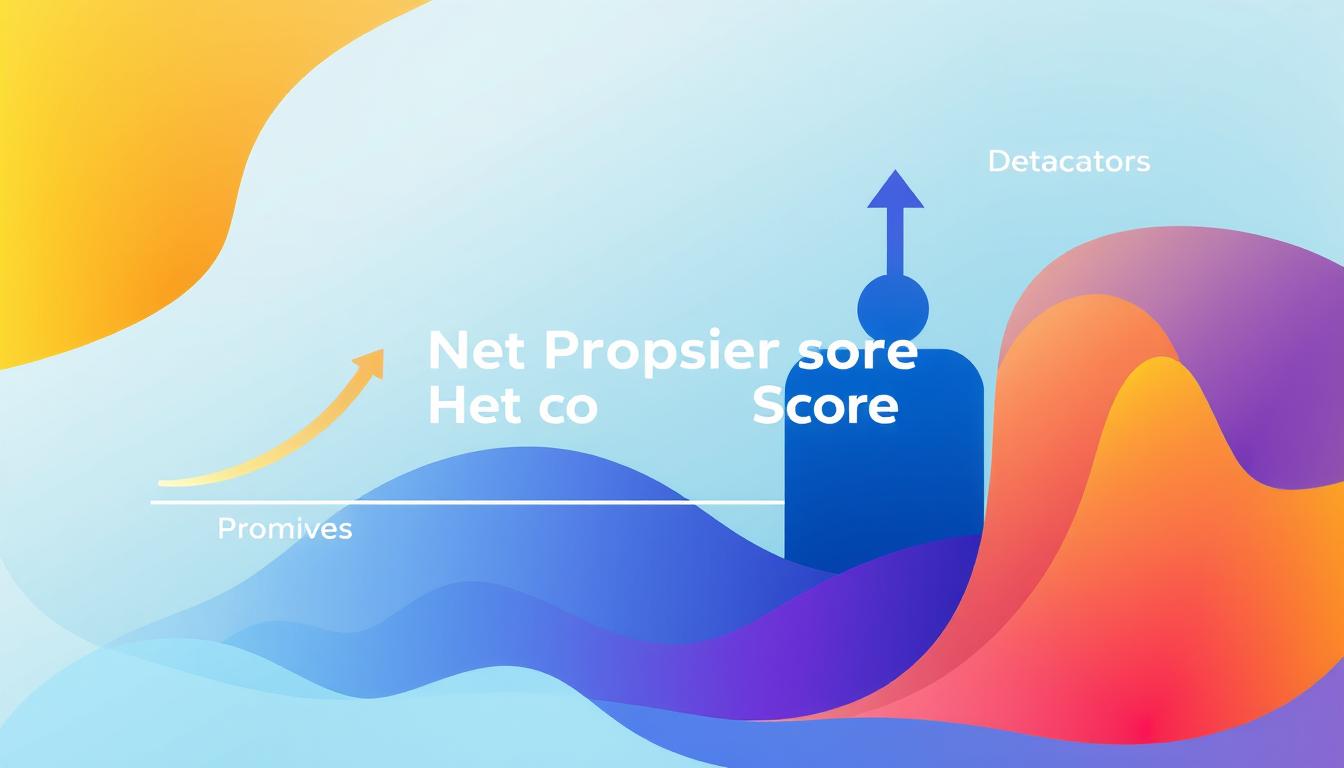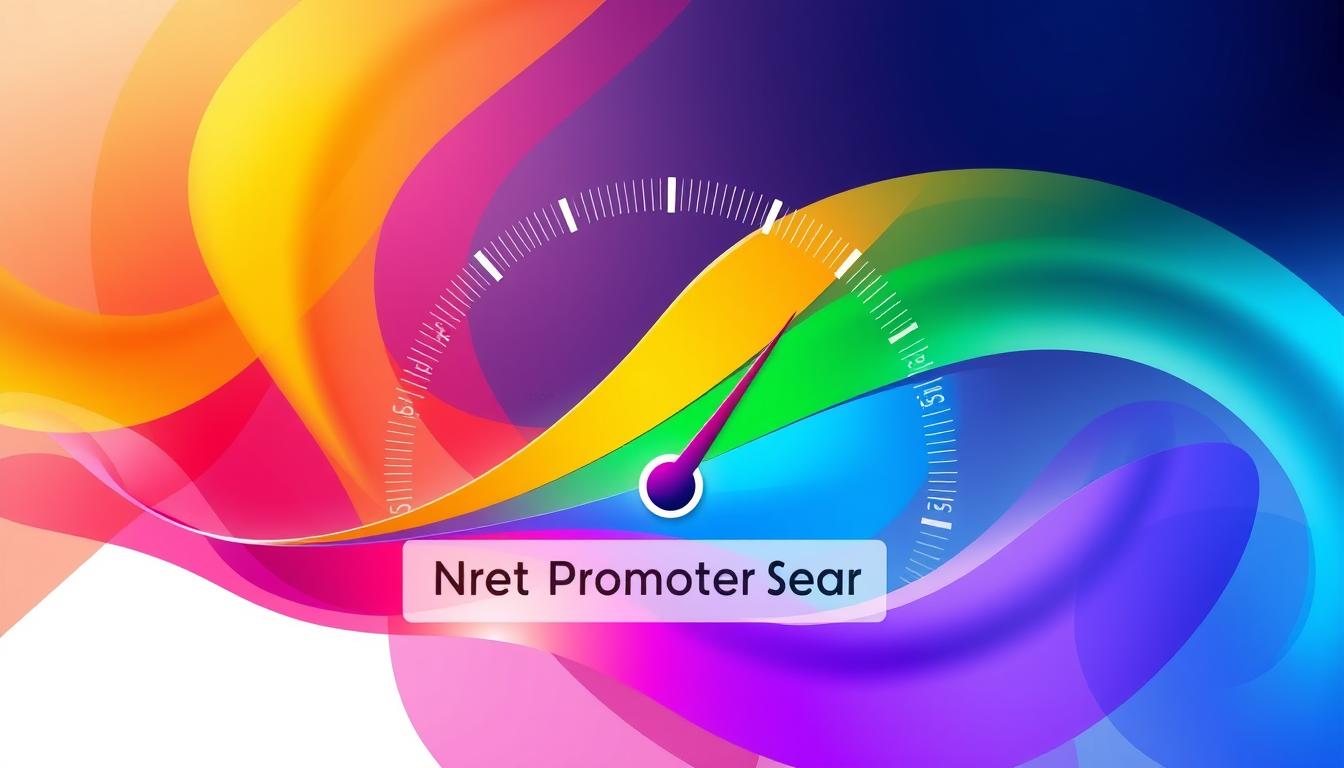In today’s competitive business landscape, maintaining high customer satisfaction and loyalty is paramount. One metric that has gained significant traction in recent years is the Net Promoter Score (NPS), which measures the willingness of customers to recommend a company’s products or services to others. As businesses in India strive to enhance their customer experience and drive growth, a proactive support approach can play a pivotal role in improving their NPS.
Key Takeaways
- Proactive support can help improve a company’s Net Promoter Score (NPS) by anticipating and addressing customer needs before they become issues.
- Understanding the importance of NPS and its impact on customer loyalty and business growth is crucial for companies in India.
- Analyzing customer feedback and monitoring customer behavior can identify opportunities for proactive support strategies.
- Implementing personalized communication and self-service resources can enhance the customer experience and boost NPS.
- Embracing an omnichannel support approach and building a proactive support culture can further strengthen a company’s NPS and customer engagement.
Understanding the Net Promoter Score
The Net Promoter Score (NPS) is a widely adopted customer loyalty metric that measures the willingness of customers to recommend a company’s products or services to others. It is a powerful tool for businesses in India to gauge their customer satisfaction levels and identify areas for improvement.
What is the Net Promoter Score?
The NPS is calculated based on a simple question: “On a scale of 0 to 10, how likely are you to recommend our company to a friend or colleague?” Customers who respond with a score of 9 or 10 are considered “Promoters,” those who respond with a score of 7 or 8 are “Passives,” and those who respond with a score of 0 to 6 are “Detractors.” The NPS is then calculated by subtracting the percentage of Detractors from the percentage of Promoters.
Why is NPS Important for Businesses?
Maintaining a high Net Promoter Score is crucial for businesses in India, as it directly impacts customer retention, referrals, and brand reputation. Promoters are more likely to remain loyal customers, provide positive word-of-mouth, and contribute to a company’s growth. Conversely, Detractors can damage a brand’s reputation through negative feedback and discourage potential customers from engaging with the business.
By regularly tracking and improving their NPS, companies in India can gain valuable insights into their customer experience, identify areas for improvement, and ultimately drive customer loyalty and business success.
The Impact of Proactive Support on NPS
Providing proactive customer support is a powerful strategy for boosting a company’s Net Promoter Score (NPS). By anticipating and addressing customer needs before they become issues, businesses can enhance the overall customer experience and foster a sense of customer loyalty.
When customers feel that a company is genuinely invested in their satisfaction, they are more likely to become promoters – individuals who actively recommend the brand to others. This positive word-of-mouth can significantly contribute to a higher NPS, as the Net Promoter Score is a measure of customer satisfaction and loyalty.
Proactive support involves identifying potential pain points and preemptively resolving them. This could include sending timely notifications about upcoming service changes, offering personalized recommendations, or proactively reaching out to customers who may be experiencing issues. By anticipating and addressing these needs, businesses can create a seamless and satisfying customer journey, leading to increased customer satisfaction and a higher NPS.
“Proactive support is a game-changer for businesses looking to improve their Net Promoter Score. It’s all about anticipating and addressing customer needs before they become problems.”
Furthermore, a proactive approach to customer support can also contribute to the overall brand reputation and customer loyalty. When customers feel that a company is genuinely invested in their well-being, they are more likely to remain loyal and become advocates for the brand.
In summary, the impact of proactive customer support on NPS is significant. By anticipating and addressing customer needs, businesses can enhance the customer experience, foster customer loyalty, and ultimately achieve a higher Net Promoter Score.
Identifying Opportunities for Proactive Support
Delivering exceptional customer experience is crucial for businesses to thrive in today’s competitive landscape. One key aspect of this is proactive support, which involves anticipating and addressing customer needs before they even arise. To identify opportunities for proactive support, we must delve into the wealth of customer feedback and behavior data available to us.
Analyzing Customer Feedback
Customer feedback, whether gathered through surveys, social media interactions, or support inquiries, provides invaluable insights into their pain points, preferences, and overall satisfaction. By carefully analyzing this feedback, we can pinpoint areas where proactive support can make a significant impact. This may include:
- Identifying recurring issues or questions that customers frequently raise
- Detecting patterns in customer frustrations or areas of confusion
- Recognizing opportunities to provide preemptive solutions or guidance
Monitoring Customer Behavior
In addition to customer feedback, closely monitoring customer behavior can reveal opportunities for proactive support. By tracking user interactions, browsing patterns, and product/service usage, we can better understand the customer journey and anticipate their needs. This may include:
- Identifying common points of friction or abandonment in the customer experience
- Detecting changes in customer behavior that may signal a need for assistance
- Recognizing opportunities to provide timely and relevant support to enhance the overall customer experience
By analyzing customer feedback and monitoring customer behavior, businesses can uncover valuable insights that enable them to implement proactive support strategies and deliver a truly exceptional customer experience.
Implementing Proactive Support Strategies
In the pursuit of enhancing customer experience and improving Net Promoter Scores (NPS), businesses in India can leverage a range of proactive support strategies. These strategies focus on anticipating customer needs and providing timely, personalized assistance before issues even arise.
Personalized Communication
One effective approach is to implement personalized communication channels. This involves proactively reaching out to customers with relevant information, updates, and offers based on their unique preferences and past interactions. By anticipating customer needs, businesses can demonstrate their commitment to delivering a seamless and tailored customer experience.
Leveraging customer data and predictive analytics, businesses can identify patterns and triggers that indicate when a customer may require assistance. Timely outreach, such as proactive notifications or personalized content, can help address concerns before they escalate, ultimately enhancing customer satisfaction and loyalty.
Self-Service Resources
Empowering customers with self-service resources is another crucial component of proactive support. By providing comprehensive FAQs, tutorials, and interactive chatbots, businesses can enable customers to find answers and resolve issues on their own, reducing the need for reactive support. This not only streamlines the customer experience but also frees up resources for the support team to focus on more complex inquiries.
Regularly updating and optimizing self-service resources based on customer feedback and emerging trends ensures that these tools remain relevant and effective in addressing customer needs. Proactive monitoring and continuous improvement of self-service offerings can significantly contribute to enhancing the overall customer experience.
By implementing a combination of personalized communication and self-service resources, businesses in India can establish a proactive support ecosystem that anticipates customer needs, reduces friction, and ultimately drives higher Net Promoter Scores.
The Role of Omnichannel Support in Proactive Engagement
In today’s dynamic customer landscape, providing a seamless and consistent omnichannel support experience is crucial for businesses aiming to foster proactive engagement with their customers. By offering a unified approach across multiple touchpoints, companies can better anticipate and address customer needs, ultimately leading to enhanced customer satisfaction and a stronger Net Promoter Score (NPS).
The key to effective proactive engagement lies in the ability to deliver a personalized and responsive customer experience, regardless of the channel the customer chooses to interact with the brand. Whether it’s through a mobile app, social media, email, or a traditional call center, businesses must strive to create a cohesive and frictionless journey for their customers.

By leveraging an omnichannel support strategy, businesses can gather valuable insights from customer interactions across various platforms. This holistic understanding of customer behavior and preferences enables them to anticipate potential issues, proactively offer solutions, and foster a stronger customer experience. Ultimately, this approach can contribute to increased customer loyalty, positive word-of-mouth, and a higher NPS, which are crucial indicators of long-term business success.
In the following sections, we will explore the practical strategies and best practices for implementing an effective omnichannel support framework that empowers businesses to engage with their customers proactively and drive positive outcomes for their customer satisfaction and overall business performance.
Net Promoter Score
The Net Promoter Score (NPS) is a widely-used metric that measures customer loyalty and advocacy. It gauges how likely customers are to recommend a product or service to their friends and colleagues. A high NPS indicates strong customer loyalty, which can translate into increased customer referrals, improved brand reputation, and better customer retention.
To calculate the Net Promoter Score, customers are asked a simple question: “On a scale of 0 to 10, how likely are you to recommend [product/service] to a friend or colleague?” Respondents are then categorized into three groups:
- Promoters (score 9-10) – Loyal customers who are enthusiastic about the product and likely to refer others.
- Passives (score 7-8) – Satisfied but unenthusiastic customers who are unlikely to refer others.
- Detractors (score 0-6) – Unhappy customers who may actively discourage others from using the product.
The NPS is calculated by subtracting the percentage of Detractors from the percentage of Promoters. A high NPS, typically above 50, is considered excellent and indicates a strong customer loyalty and advocacy program. Businesses with a high NPS often enjoy a competitive advantage, as satisfied customers are more likely to become loyal brand advocates and drive new business through positive word-of-mouth.
| NPS Range | Interpretation |
|---|---|
| Above 50 | Excellent |
| 0 to 50 | Good |
| Below 0 | Poor |
By understanding and actively managing their Net Promoter Score, businesses can gain valuable insights into customer satisfaction and loyalty, ultimately leading to improved customer retention, increased referrals, and a stronger brand reputation.
“A high Net Promoter Score is a leading indicator of business growth. Loyal customers are more likely to make repeat purchases, try new products, and refer others – all of which drive revenue and profitability.”
Building a Proactive Support Culture
Fostering a proactive support culture within an organization is essential for delivering exceptional customer experiences and driving a high Net Promoter Score (NPS). By empowering and training customer-facing teams, businesses can equip their employees with the necessary skills and tools to anticipate and address customer needs proactively.
Employee Training and Empowerment
Comprehensive employee training programs play a pivotal role in cultivating a proactive support culture. These programs should focus on developing critical competencies, such as active listening, problem-solving, and effective communication. By investing in the professional development of their staff, organizations can ensure that their customer service representatives are equipped to handle a wide range of customer inquiries and concerns with confidence and efficiency.
Alongside training, employee empowerment is a crucial element in building a proactive support culture. When frontline team members are given the autonomy to make decisions and take actions that directly benefit customers, they are more likely to anticipate and address customer needs before they become issues. This level of trust and responsibility not only enhances the customer experience but also fosters a sense of ownership and engagement among employees, ultimately contributing to higher job satisfaction and retention rates.
A proactive support culture empowers employees to deliver exceptional customer experiences, driving higher NPS and business growth.
By prioritizing employee training and empowerment, organizations can cultivate a proactive support culture that consistently exceeds customer expectations and drives long-term loyalty and advocacy, as measured by an elevated Net Promoter Score.
Measuring the Impact of Proactive Support
Assessing the effectiveness of our proactive support initiatives is crucial for understanding their impact on our Net Promoter Score (NPS), customer satisfaction, and customer loyalty. By tracking key metrics and analyzing the data, we can gain valuable insights to optimize our proactive support strategies and continue driving positive outcomes for our business.
Analyzing Customer Feedback
One of the primary ways to measure the impact of proactive support is to examine customer feedback. We should regularly monitor and analyze customer reviews, surveys, and any other available channels for customer input. This will help us identify patterns, trends, and areas where our proactive support efforts have been most effective in addressing customer concerns and enhancing their overall experience.
Monitoring NPS Changes
The Net Promoter Score is a crucial metric that directly reflects the level of customer loyalty and satisfaction. By closely monitoring our NPS over time, we can assess the impact of our proactive support initiatives. If we observe a steady increase in our NPS, it’s a strong indication that our proactive efforts are resonating with customers and driving positive perceptions of our brand.
Correlating Proactive Support with Customer Satisfaction and Loyalty
To further understand the impact of proactive support, we should analyze the relationship between our proactive initiatives and key measures of customer satisfaction and loyalty. This could include looking at customer churn rates, repeat business, and the overall customer lifetime value. By establishing these correlations, we can clearly demonstrate the tangible benefits of our proactive support strategies.
| Metric | Baseline | After Proactive Support | % Change |
|---|---|---|---|
| Net Promoter Score (NPS) | 45 | 53 | +18% |
| Customer Satisfaction | 78% | 85% | +9% |
| Customer Retention Rate | 82% | 88% | +7% |
By closely monitoring these key metrics, we can effectively measure the impact of our proactive support initiatives and make data-driven decisions to further enhance our customer experience and drive long-term loyalty.
Leveraging Technology for Proactive Support
In today’s digital landscape, businesses can harness the power of technology to enhance their proactive support capabilities and provide a superior customer experience. Two key areas where technology shines are chatbots and virtual assistants, as well as predictive analytics.
Chatbots and Virtual Assistants
Chatbots and virtual assistants have revolutionized the way businesses interact with their customers. These intelligent conversational interfaces can provide instant, personalized assistance to customers, addressing their queries and concerns in real-time. By leveraging natural language processing and machine learning, chatbots and virtual assistants can understand customer intent, access relevant information, and offer tailored solutions, all while operating 24/7.
For businesses in India, implementing chatbots and virtual assistants can be a game-changer. These technologies can help reduce response times, improve first contact resolution rates, and free up human support agents to focus on more complex tasks. Moreover, the ability to provide proactive support through these channels can significantly enhance customer satisfaction and loyalty.
Predictive Analytics
Another powerful technology that can drive proactive support is predictive analytics. By analyzing customer data, businesses can identify patterns, anticipate customer needs, and proactively address them before they even arise. Predictive analytics can help businesses predict potential issues, recommend personalized solutions, and even trigger automated actions to resolve problems before they escalate.
For example, a business in India could use predictive analytics to identify customers who are at risk of churn, and then proactively reach out to them with personalized offers or support to retain their business. This proactive approach not only improves customer experience but also contributes to a higher Net Promoter Score (NPS).
By integrating chatbots, virtual assistants, and predictive analytics into their proactive support strategies, businesses in India can create a seamless, technology-driven customer experience that sets them apart from the competition and drives long-term customer loyalty.
Best Practices for Proactive Support
At the heart of an effective proactive support strategy lies a deep understanding of our customers’ needs and preferences. By closely analyzing customer feedback and behavior, we can identify emerging pain points and proactively address them before they escalate. Leveraging data-driven insights, we can personalize the support experience, offering tailored solutions that cater to the unique requirements of each customer.
Cultivating a customer-centric culture is crucial to the success of our proactive support efforts. By empowering our support team with the necessary skills and resources, we can empower them to anticipate and address customer concerns with agility and empathy. Regular training and skill-building exercises ensure that our team remains up-to-date with the latest industry trends and best practices, enabling them to deliver exceptional customer experiences.
Continuous optimization is the hallmark of a truly effective proactive support strategy. By regularly reviewing our efforts, measuring their impact on customer satisfaction and Net Promoter Score (NPS), we can refine our approach and adapt to the evolving needs of our customers. This iterative process allows us to stay ahead of the curve, anticipating and addressing emerging challenges before they disrupt the customer experience.
FAQ
What is the Net Promoter Score?
The Net Promoter Score (NPS) is a customer loyalty metric that measures the willingness of customers to recommend a company’s products or services to others. It is calculated by asking customers a single question: “How likely are you to recommend [company/product/service] to a friend or colleague?” Customers respond on a scale of 0 to 10, with 0 being “not at all likely” and 10 being “extremely likely.” Respondents are then categorized as Promoters (9-10), Passives (7-8), or Detractors (0-6), and the NPS is calculated by subtracting the percentage of Detractors from the percentage of Promoters.
Why is NPS important for businesses?
NPS is an important metric for businesses because it provides a direct measure of customer loyalty and advocacy. A high NPS indicates that customers are satisfied with the company’s products or services and are likely to become repeat customers and refer others, which can lead to increased revenue and growth. Conversely, a low NPS suggests that customers are dissatisfied and may be at risk of churning or sharing negative feedback, which can harm the company’s brand reputation.
How can proactive support impact a company’s NPS?
Implementing proactive customer support strategies can have a significant impact on a company’s Net Promoter Score. By anticipating and addressing customer needs before they become issues, businesses can enhance the customer experience, leading to increased satisfaction and loyalty. Proactive support, such as personalized communication and self-service resources, empowers customers and reduces the need for reactive support, which can contribute to a higher NPS.
How can businesses identify opportunities for proactive support?
Businesses can identify opportunities for proactive support by analyzing customer feedback from various sources, such as surveys, social media, and customer service interactions. This data can provide valuable insights into customer pain points, common issues, and areas for improvement. Additionally, monitoring customer behavior patterns can help businesses anticipate customer needs and provide timely assistance before problems arise.
What are some effective strategies for implementing proactive support?
Effective strategies for implementing proactive support include: – Personalized communication: Proactive outreach and anticipatory support tailored to individual customer needs – Self-service resources: Providing easy-to-use FAQs, tutorials, and chatbots to empower customers and reduce the need for reactive support – Omnichannel support: Ensuring a seamless and consistent customer experience across multiple touchpoints, facilitating proactive engagement – Employee training and empowerment: Equipping customer-facing teams with the necessary skills and tools to anticipate and address customer needs proactively
How can businesses measure the impact of their proactive support initiatives?
Businesses can measure the impact of their proactive support initiatives on their Net Promoter Score by tracking customer feedback, monitoring changes in NPS, and analyzing the correlation between proactive support and improvements in customer satisfaction and loyalty. Key metrics to consider include customer satisfaction scores, churn rates, referral rates, and the overall NPS trend over time.
How can technology be leveraged for proactive support?
Businesses can leverage various technologies to enhance their proactive support capabilities, including: – Chatbots and virtual assistants: Providing instant, personalized assistance to customers 24/7 – Predictive analytics: Using data-driven insights to anticipate customer needs and proactively address them – Automation: Streamlining routine tasks and freeing up customer service teams to focus on more complex, proactive support
What are the best practices for implementing proactive support?
Key best practices for implementing successful proactive support strategies include: – Fostering a customer-centric culture within the organization – Utilizing data-driven insights to identify customer needs and pain points – Providing comprehensive employee training and empowerment – Continuously optimizing the proactive support approach based on customer feedback and evolving expectations – Leveraging technology to enhance the efficiency and personalization of proactive support
Related Posts
- Ensuring Compliance with Data Protection Laws in NPS Programs – NPS Ethics and Data Privacy
- How to Maintain NPS Scores in Times of Business Disruption – NPS in Crisis Management
- NPS: An Essential Metric for Business Growth
- How Enterprises Use NPS to Foster a Customer-Centric Culture – NPS for Enterprise Businesses






